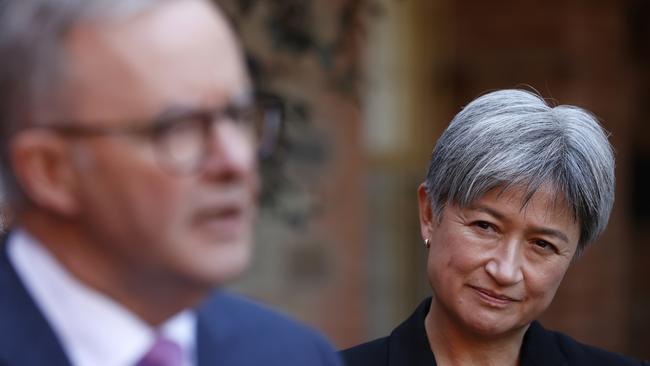
That good desire, and any practical step to increase humanitarian aid, is entirely different from demanding Israel implement a unilateral ceasefire.
International demands for an immediate, and therefore unilateral, ceasefire are part of the great, dark, fantasy dialogue concerning Israel.
Like almost all the demands made of Israel, this one flourishes in unreality. Australia’s debate is as imprisoned in this dark fantasy as it is anywhere else. Two of the chief progenitors of the dark fantasy syndrome are the Albanese government and the ABC, both of which conduct much of their dialogue on Israel as a series of performative gestures for domestic politics.
They are not designed to have any positive effect on the real world.
If Israel immediately ceased all military operations in Gaza, what would happen? Hamas would keep firing its remaining rockets at Israel’s towns and cities. These would mostly be neutralised by Israel’s iron dome system.
Hamas would keep attacking Israeli soldiers within Gaza. The Israel Defence Forces would then have to defend itself, thereby breaking the ceasefire; or allow its troops to be killed; or withdraw from Gaza, which would ensure Hamas emerged victorious, quickly re-established its brutal rule and prepared for the next October 7-style attack on Israeli civilians.
If the 6000 or so Hamas terrorists are left undisturbed in Rafah, and Israel has either withdrawn or ceased operations, then Hamas will in a minute re-establish its Gaza government based in Rafah.
Almost no one, certainly in Australia, who talks airily of a ceasefire acknowledges the most elementary facts. Israel, as the Americans attest, has for weeks agreed to a six-week ceasefire in exchange for 40 hostages. Most, not all, international statements calling for a ceasefire also call for the release by Hamas of Israeli hostages. That’s good. But almost none of these statements puts the moral burden for the lack of a ceasefire where it belongs, at the feet of Hamas.
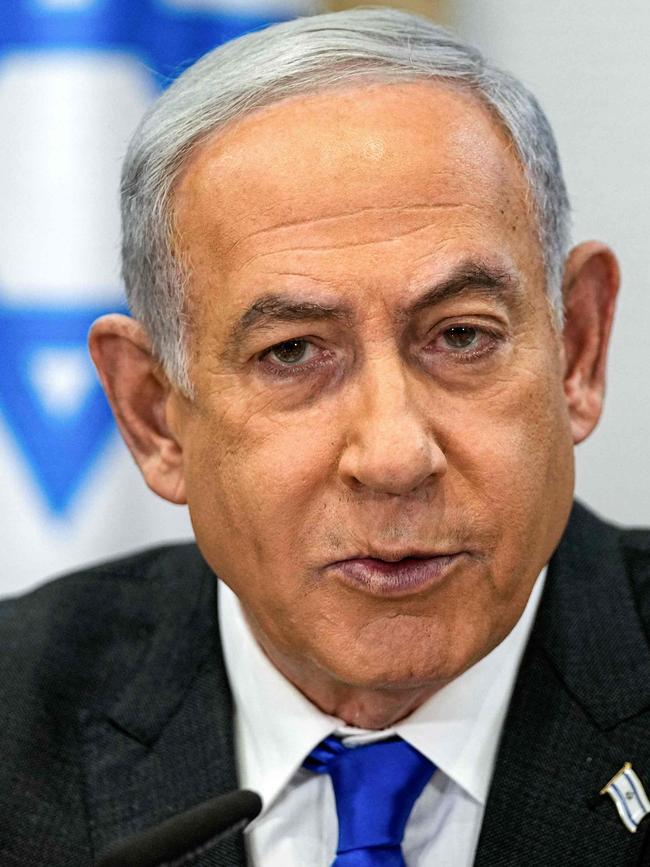
Hamas is demanding a total Israeli withdrawal from all of Gaza as a precondition of a ceasefire. It won’t release 40 hostages in exchange for a six-week ceasefire and the release of hundreds of Palestinian prisoners from Israeli jails. All of the international pressure on Israel, all of the international failure to insist on at least some hostages being released by Hamas as part of a ceasefire, encourages Hamas to think it can get a ceasefire without releasing any hostages at all.
Hamas always planned for the Israeli devastation of Gaza. That was always part of the Hamas script. The terrorist group has never shown the slightest concern for the welfare of the people of Gaza. It believes the conflict it unleashed through its October 7 barbarism has gravely damaged Israel’s standing internationally, as well as dividing and distressing Israeli society.
In the Hamas calculus, it’s more than happy to pay for these gains with great suffering endured by the people of Gaza. Hamas also thinks there is still a good chance on inflaming new fronts against Israel. It’s encouraged by the Houthi attacks on international shipping. It’s encouraged by the sporadic attacks made by Hezbollah on Israel from southern Lebanon. It devoutly wishes that this might become a serious regional war.
The real ringmaster of course is Iran. Both Hamas and Palestinian Islamic Jihad have recently been at meetings in Iran. Their ambition is to try to create a similar outbreak of murderous violence in the West Bank as we saw originating from Gaza on October 7.
None of this absolves Israel from its moral responsibilities towards the people of Gaza. It needs to make sure it’s doing everything it can to get sufficient aid into Gaza. A great deal of the problem now is that Hamas, and local Gazan crime gangs and powerful clans, take forcible possession of the aid that gets in, use what they want themselves, then sell the rest.
While the suffering in Gaza is very great, news organisations, as well as governments like our own, ought to make some efforts actually to establish the facts. Hamas controls the Gaza health ministry. It claims the war in Gaza has killed 32,000 Palestinians, overwhelmingly women and children. This seems fantastically unlikely. How can Israel possibly have avoided killing Hamas fighters or terrorists, which is its aim, in this assault?
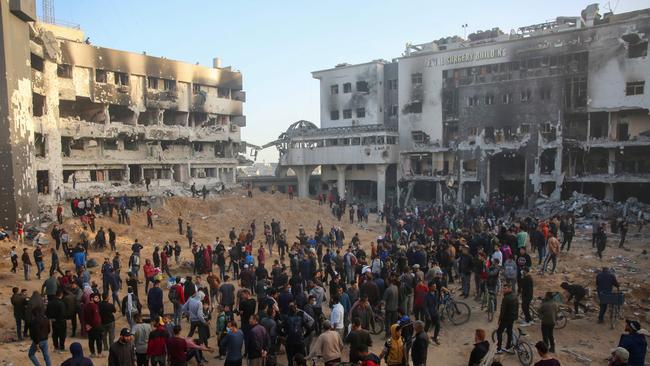
Hamas, as it showed on October 7, is now the psychological and operational equivalent of Islamic State, or al-Qa’ida at its worst. Would anyone believe statistics coming from either of those organisations?
Israel’s most reliable and independent journalist and strategic analyst, Ehud Yaari, argues that the total number dead in Gaza is probably about 17,000. Other analysts think maybe 20,000. Israel claims that some 13,000 of those dead are Hamas fighters. Israel is infinitely more likely than Hamas to be telling the truth.
Similarly, Israel is certainly trying to minimise civilian casualties, while also working to destroy Hamas. It’s inflicting a lower proportion of civilian casualties than allied forces did in Falluja or Mosul.
War is ugly and terrible, and a horrible tragedy for anyone caught up in it. Yet what on Earth do Israel’s critics claim Israel should have done in response to the October 7 attacks?
Anthony Albanese and Penny Wong reversed the Morrison government’s position that the West Bank and Gaza were not to be called “occupied territories” but “disputed territories”. The Albanese government routinely calls now for a ceasefire in Gaza, without a schmick of a notion of how that might be brought about. It also calls for urgent action towards a two-state solution, as well as designating the West Bank and Gaza “illegally occupied Palestinian territories”.
If Israel undertook a unilateral ceasefire today, Hamas would reassert control over Gaza, and Hamas is root-and-branch opposed to a two-state solution. The Albanese government has said Hamas, which is listed under Australian law as a terrorist organisation, should not play any part in the future governance of Gaza. So how does that square with ending the conflict now, with Hamas still intact in Rafah and some other places? What does the waffle about a two-state solution add up to if Hamas rejects it utterly, and Palestinian representatives routinely erect insuperable obstacles to it, such as insisting that millions of ethnic Palestinians from around the Middle East should live in Israel proper?
If Israel’s occupation of the West Bank and Gaza is illegal, that means Israel must withdraw. But if Israel withdrew from those two territories Hamas would immediately take control, savagely repress and probably murder its internal Palestinian opposition, arm itself with Iranian weaponry, and then launch wars against Israel.
So what is Israel meant to do to satisfy the Albanese government’s demands? Of course, Albanese government statements have no effect in Israel. They’re designed entirely as performative gestures and virtue-signalling. The Morrison government actually did something creative and real by recognising West Jerusalem as Israel’s capital. It didn’t satisfy Israel, because it didn’t recognise Israeli sovereignty over East Jerusalem. But it gave Israel a modicum of extra support that would encourage greater flexibility in negotiations.
The Albanese government had no good reason to reverse this except the politics of Islamic communities in Sydney and Melbourne and to limit Greens campaigns against Labor’s inner-city seats. Australian policy wanders worthlessly in fantasy. Israel must deal in reality.
More Coverage
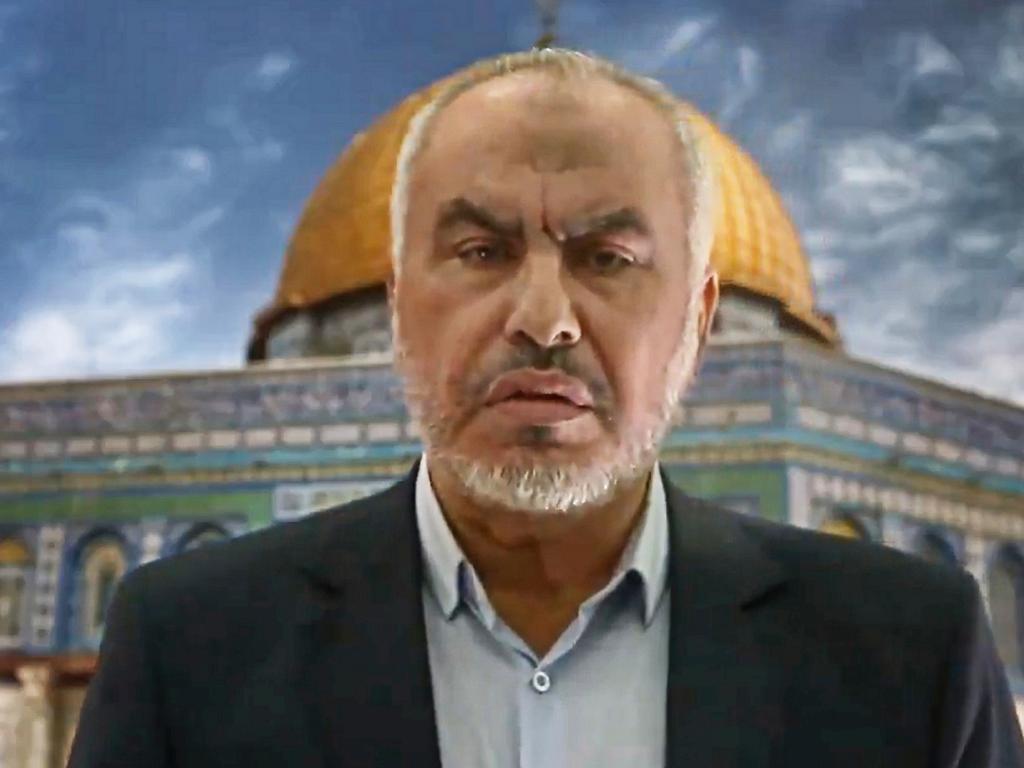 The real ringmaster of course is Iran. Both Hamas and Palestinian Islamic Jihad have recently been at meetings in Iran.
The real ringmaster of course is Iran. Both Hamas and Palestinian Islamic Jihad have recently been at meetings in Iran.

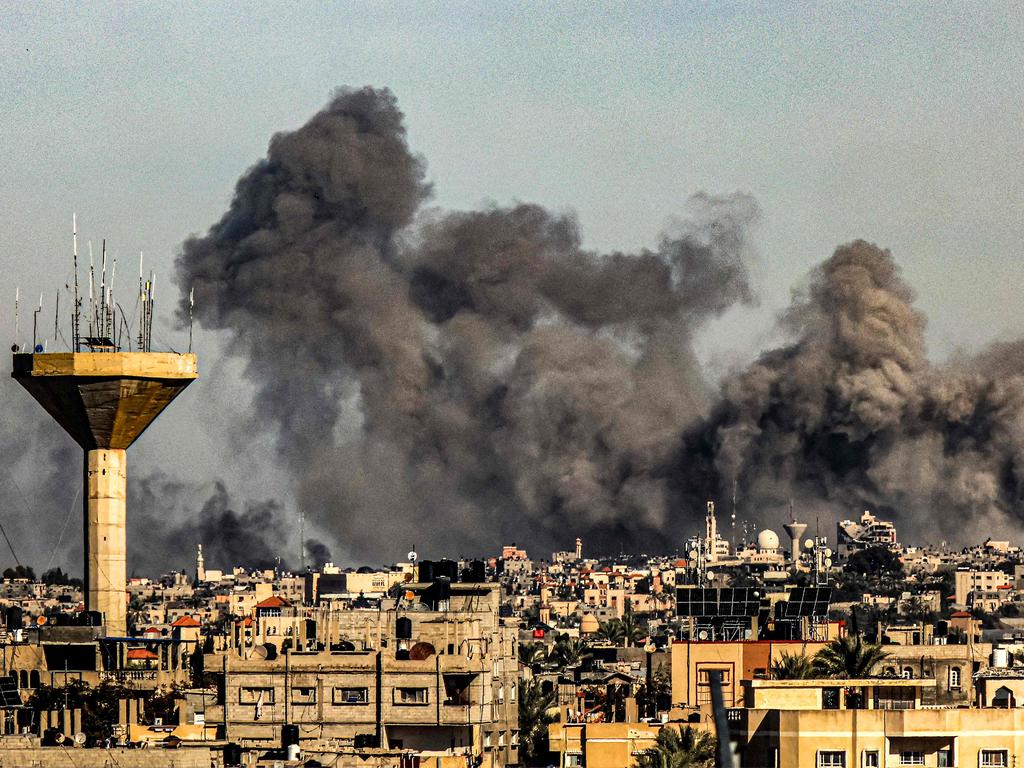




Every civilised person hopes resumed negotiations between Israel and Hamas yields a ceasefire in Gaza. The world is rightly distressed at the humanitarian suffering in Gaza. Almost everyone wants it to stop.